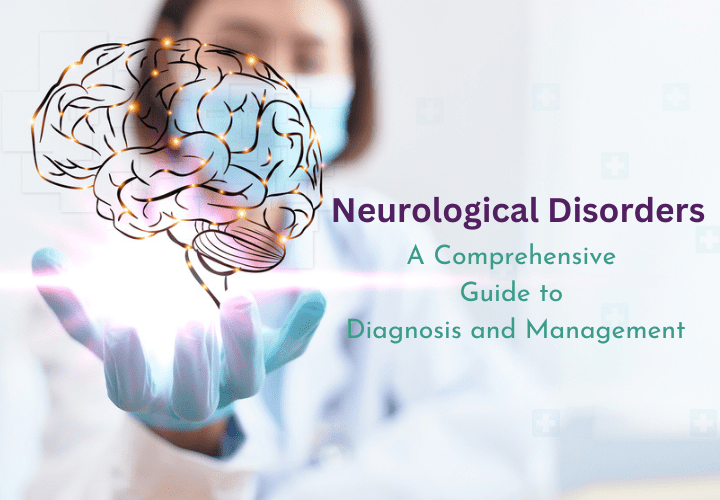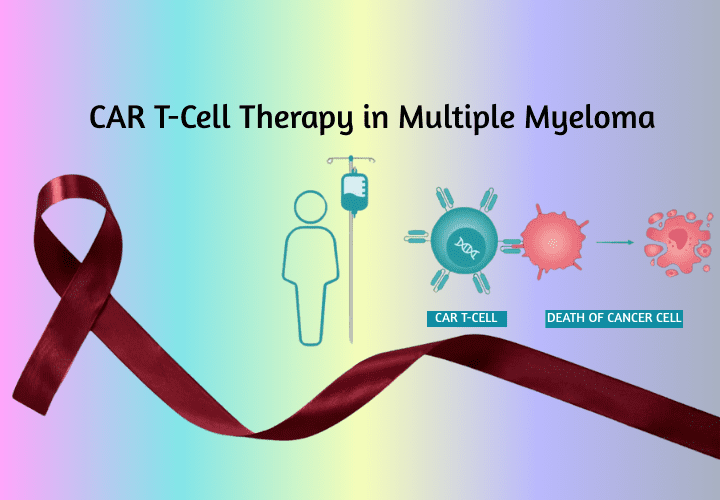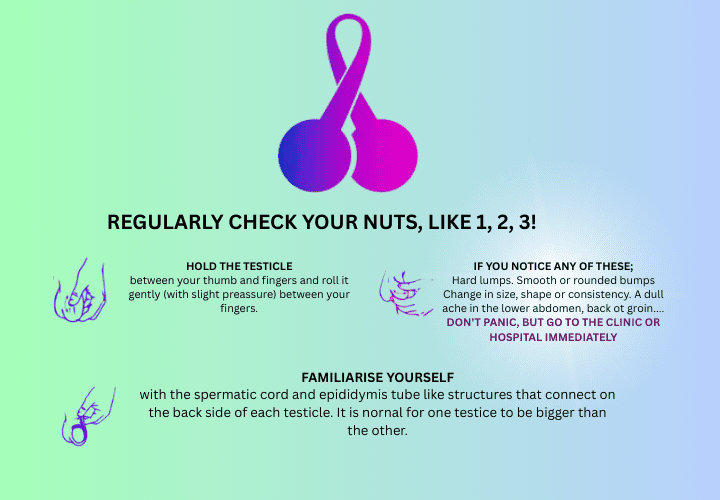Neurological Disorders – A Comprehensive Guide to Diagnosis and Management

Neurological Disorders – A Comprehensive Guide to Diagnosis and Management
- onco
- December 12, 2023
A group of diseases known as neurological disorders affect the brain, spinal cord, and nerves, causing a variety of dysfunctions, including motor, sensory, and cognitive. Furthermore, traumas, infections, heredity, or other unidentified factors may cause these illnesses. Here, we will examine the diagnosis and treatment of neurological illnesses in this extensive guide, emphasizing on the significance of obtaining the best medical care possible while dealing with these issues, including the best oncology hospital in Delhi.
Comprehending Neurological Conditions:
Different forms of neurological illnesses might appear, ranging from physical infirmities to cognitive impairments. They may be brought on by underlying medical disorders, infections, traumatic injuries, or genetic causes. Among the prevalent neurological conditions are:
- Alzheimer’s Disease: Alzheimer’s disease is a progressive neurological illness that impairs cognitive and memory abilities.
- Multiple Sclerosis (MS): An autoimmune disease that affects the central nervous system and causes various symptoms is called multiple sclerosis (MS).
- Parkinson’s Disease: Parkinson’s disease is a movement illness that impairs muscle function and coordination.
- Stroke: A stroke is an abrupt stoppage of blood flow to the brain that results in brain damage.
- Migraines: Excruciating headaches that frequently come with additional symptoms.
- Spinal Cord Injuries: Traumatic damage to the spinal cord that causes varied degrees of paralysis is known as a spinal cord injury.
Diagnosing neurological disorders:
The first step to effectively treating neurological diseases is to make an accurate diagnosis. Patients frequently have a wide range of symptoms, which makes diagnosis difficult. This is the situation in which specialized healthcare facilities like top oncology and cancer hospitals in Delhi become essential. These facilities are equipped with the knowledge and tools necessary to identify and treat a wide range of neurological disorders.
Now, we will discuss here the diagnostic process, which involves:
- Medical History: An extensive examination of the patient’s medical records is necessary to pinpoint any potential lifestyle or hereditary components that may be contributing to the illness.
- Physical Examination: A thorough examination of the body to assess neurological function and spot any outward manifestations of a disease.
- Imaging tests: To view the brain and spinal cord, these may include CT (Computerized Tomography) and MRI (Magnetic Resonance Imaging) scans.
- Electroencephalogram (EEG): The electroencephalogram (EEG) is a test that measures the electrical activity in the brain and is helpful in the diagnosis of epilepsy and other diseases.
- Blood tests: These can detect inflammatory markers, infections, and other potential risk factors for neurological diseases.
- Lumbar Puncture, often known as a Spinal Tap: This treatment aids in the diagnosis of diseases affecting the central nervous system and cerebrospinal fluid.
Dealing with neurological conditions:
Neurological illnesses can have intricate and varied management. Treatment options could include medication, surgery, therapy, or a mix of these, depending on the particular ailment. Let’s examine a few typical management techniques:
- Medication: Medication can be used to treat a variety of neurological conditions. For instance, medications like levodopa can reduce Parkinson’s disease symptoms, while antiepileptic medications can help individuals with epilepsy regulate their seizures.
- Physical and Occupational Therapy: Patients with disorders that impair their mobility and coordination must receive physical and occupational therapy. They can enhance the patient’s independence and quality of life.
- Surgery: Surgical operations may be necessary in certain circumstances. For instance, brain surgery to remove the epileptic focal is one treatment option for persistent epilepsy.
- Lifestyle Modifications: Making lifestyle modifications, such as eating a different diet and exercising frequently, can be very helpful in treating illnesses like multiple sclerosis.
- Counseling and Support: To manage the emotional and psychological difficulties of having a neurological condition, patients and their families may find it helpful to attend counseling sessions and support groups.
Role of specialized hospitals:
Getting treatment at a professional facility can make all the difference when it comes to neurological problems. A multidisciplinary approach to diagnosis and treatment is provided by Delhi’s top oncology and cancer hospitals. To deliver all-encompassing care, their team of neurologists, neurosurgeons, rehabilitation specialists, and support personnel collaborates.
Additionally, specialized hospitals keep abreast of the most recent advancements in neurology research and treatment alternatives. neurological disorders By doing this, patients are guaranteed to receive the most cutting-edge and efficient care possible.
In short, neurological diseases can be challenging to identify and treat, but with the proper medical care, people can live happy, entire lives with these conditions. When dealing with neurological diseases, it is imperative to seek the assistance of the finest oncology hospital and the best hospital in Delhi for cancer. And if you are searching for the finest cancer hospital in India, you should consult with Oncoplus. We are the best option for people dealing with these challenging situations because of their highly skilled teams, cutting-edge facilities, and dedication to patient care. So, feel free to contact us if you or a loved one is experiencing a neurological disease in order to get the help and treatment you require. Seeking the proper care and knowledge is the first step on your path to a higher quality of life.
Recent Posts
-
Can Testicular Cancer affect fertility?
April 23, 2025
-
Why are Breast Cancer Cases Increasing Around the World?
April 17, 2025





Leave a Reply